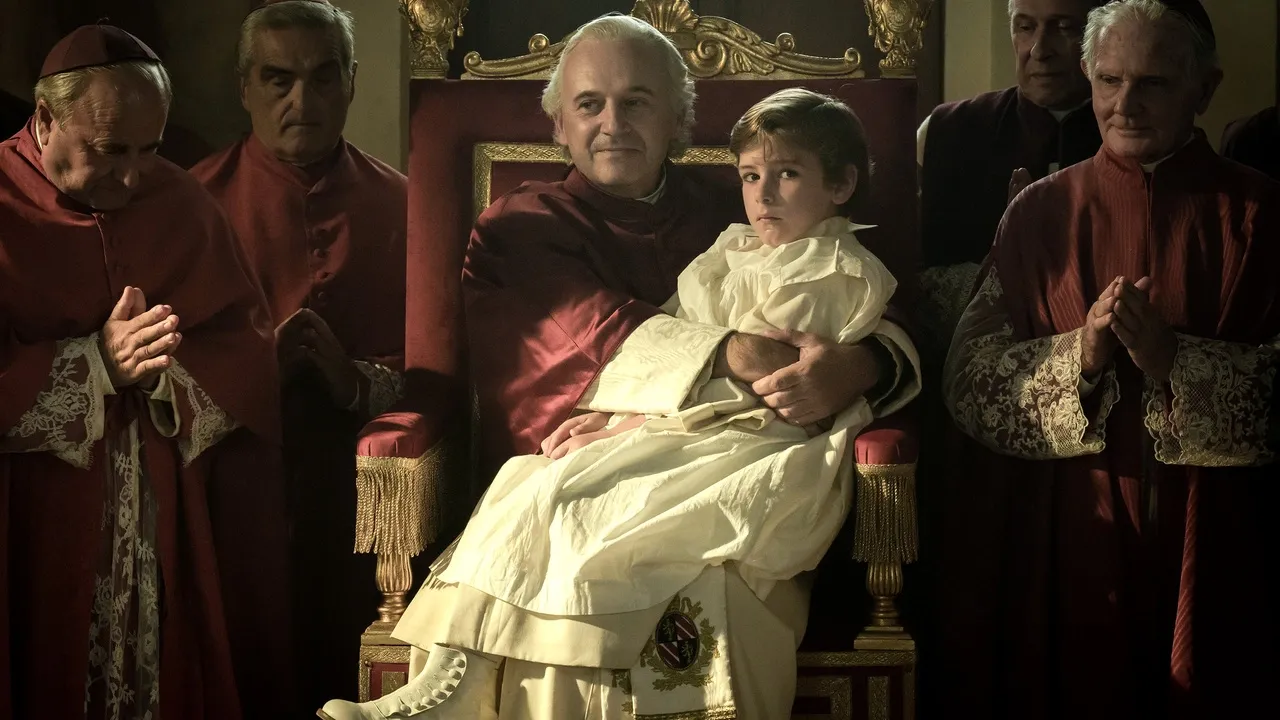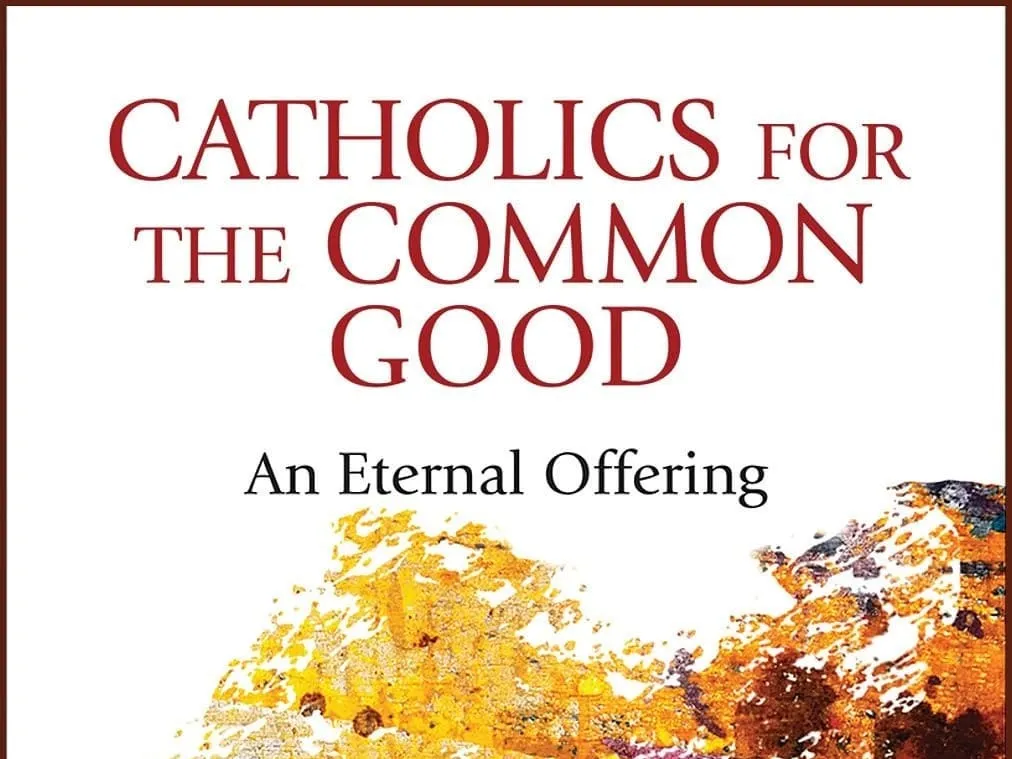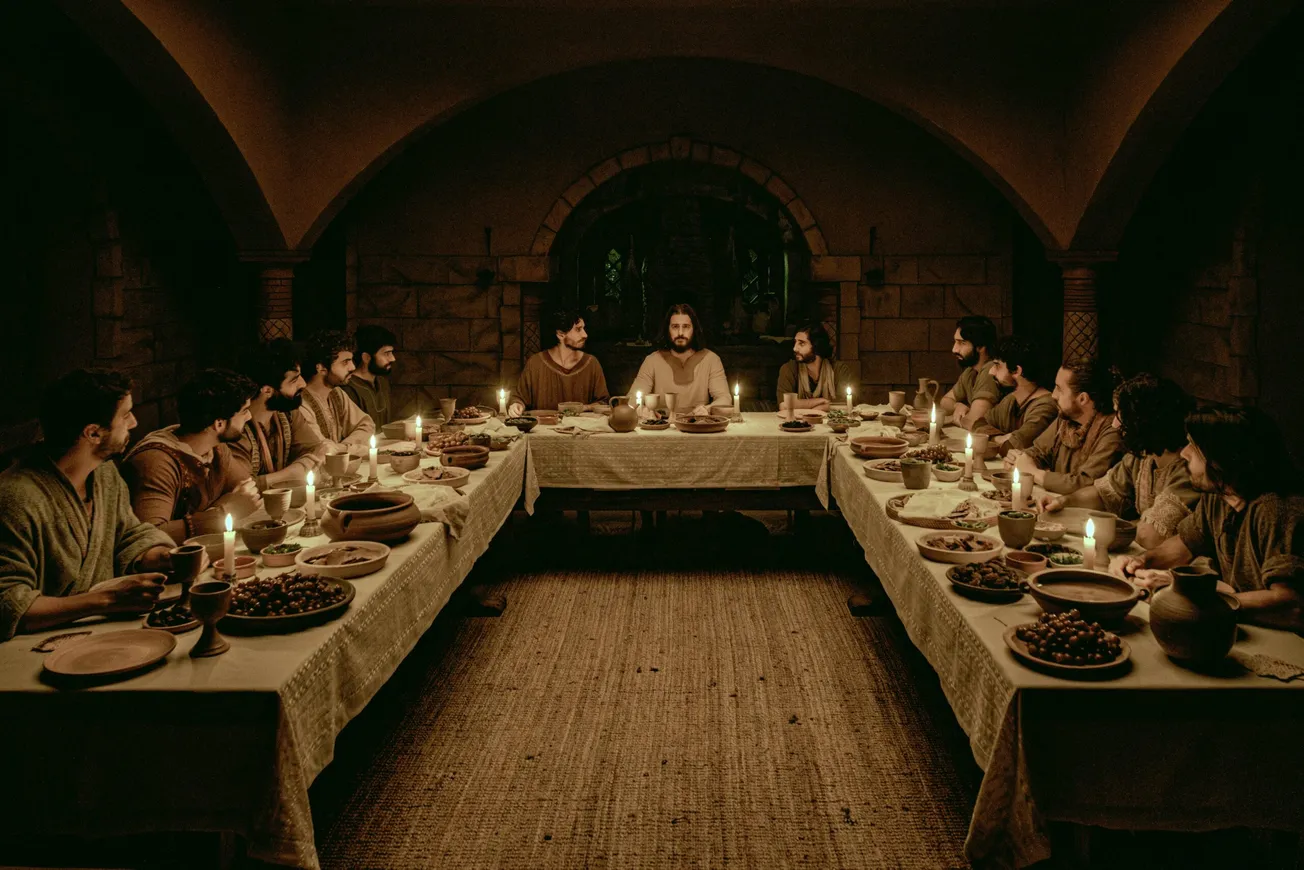“Kidnapped,” the cinematic rendering of the Mortara Affair (the infamous Vatican-sponsored abduction of an Italian Jew baptized under duress as an infant in 1851), has been out in film form now for some time, and the story is quite the spectacle. I first read of it several years ago, when I was considering becoming a Catholic—a decision I eventually made in the affirmative.
The story has all the potential to preclude such a choice, evincing all the negative stereotypes of Christianity past (and present), including antisemitism, authoritarianism, clericalism, and good old-fashioned foolery. At the time of the story, it was illegal for a Catholic child in Italy to be raised by non-Catholics; as such, when young Edgardo Mortara (Ernea Sala/Leonardo Maltese) was baptized, his parents essentially lost custody.
The Italian-language film, directed by Marco Bellocchio, somehow manages to up the drama even beyond what seems to have occurred, becoming part psychological thriller and nearly a horror flick by the end of its runtime.
Relatively little attention is given to the narrative of the problematizing incident itself, in which a servant girl—believing Edgardo to be near death in Bologna—administers a Catholic baptism so as to help him avoid Hell (or, in the now-outdated theology of the time, Limbo).
A driving score from Fabio Massimo Capogrosso all but compels the viewer to see each successive scene, from the frantic search for Moratara following his abduction by Church authorities to the boy’s solemn upbringing among red-capped elites, as a matter of life and death, good and evil. The cinematography anchors the mood as well, deftly communicating emotions and gravitas in a wide range of locales, from dimly lit shacks to bright-walled Vatican palaces.
Even so, choppy direction from Bellocchio does the story no favors as it develops, leaving only slight renderings of Edgardo’s parents, who are portrayed by the two best actors in the film (Fausto Russo Alesi and Barbara Ronchi). The emotionally gripping scenes involving their showdowns with the Church hierarchy are satisfying, but all too brief.
Instead of the strongest performances, “Kidnapped” instead seems to rely on the depiction of the Church itself as the main antagonist, chiefly seen through Pope Pius IX (Paolo Pierobon), who is practically cartoonish in his desire to be vindicated in his “protection” of Edgardo. Tormented but unflinching, the pontiff grows progressively more grotesque as the plot carries on.
Less sensationalized in the film is the prevailing theological attitude of late 19th-century Europe, in which Jesus is believed to have simply been “killed by the Jews”—per a nun attempting to school Edgar during his time in a boys’ home for children of Jewish converts. Also unbridled is the aggrieved response from many European Jews, who regarded Motrara’s case as an international scandal and, in the film, distributed anti-Catholic pamphlets worthy of Jack Chick.
Interestingly, Edgardo himself is hardly presented as a good guy in the film. In the real-life story, he eventually embraces the Catholic faith and becomes a priest, a plot point central to “Kidnapped.” He is eminently fascinated with Jesus, even despite the cognitive dissonance resulting from his unprecedented situation. Perhaps it’s no wonder, then, that in a film oriented squarely against the Church, no Catholic can quite escape the crosshairs.
By the end of the film, we are left with themes of death and decay, not only in physical life but in relationships and, well, the ability to read the room. The dangers of religious zealotry permeate “Kidnapped,” to great effect. As it is, even the victims of religious prejudice are apparently not immune to its viral effects. Perhaps there is a lesson for the Church today in the film’s message, ham-fisted though it may be.
Nate Tinner-Williams is co-founder and editor of Black Catholic Messenger.









